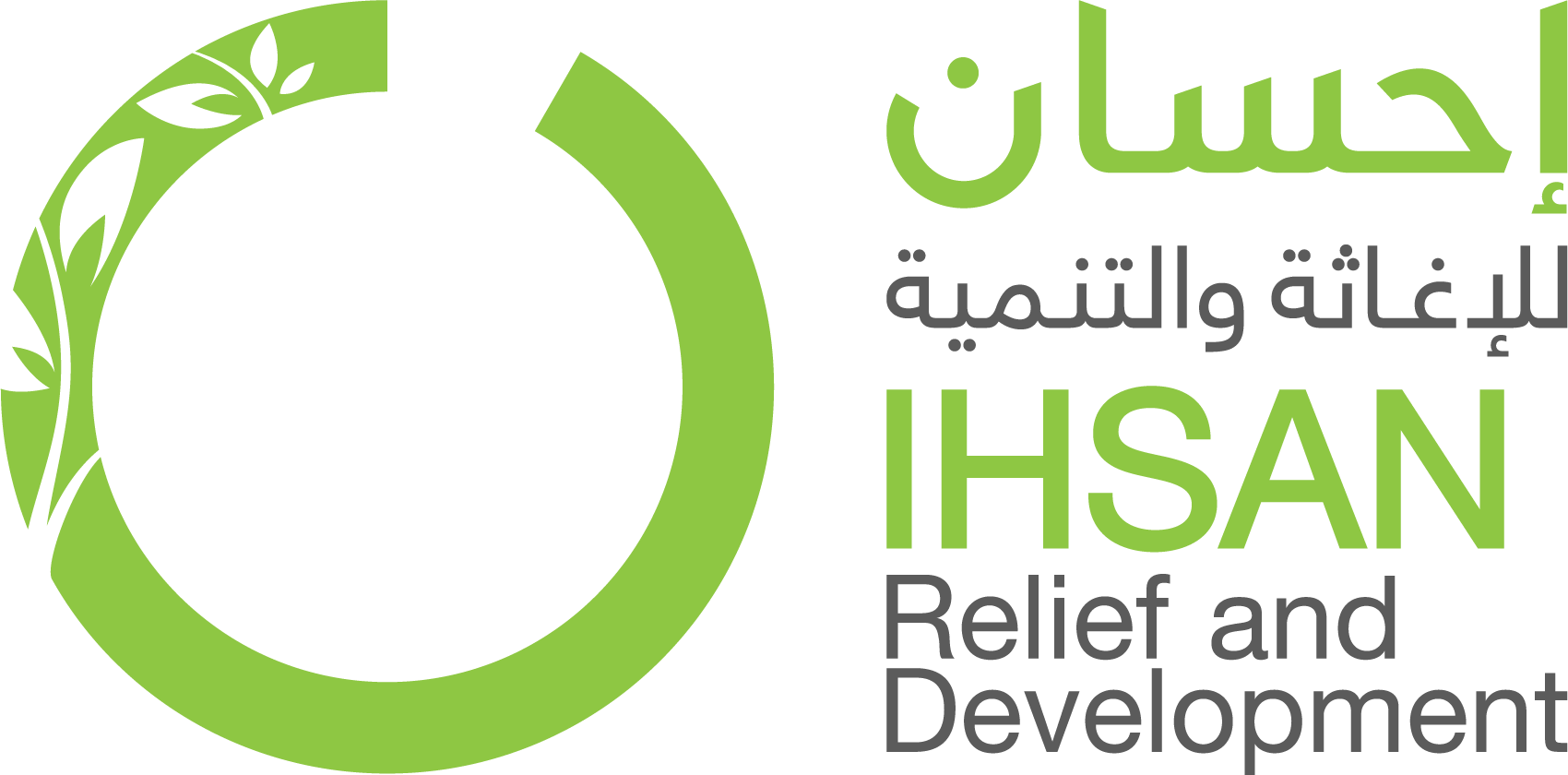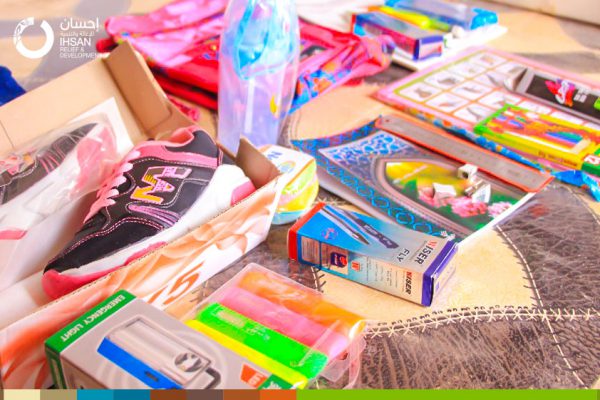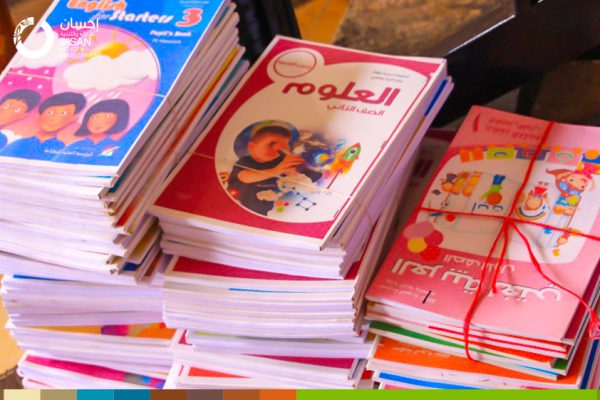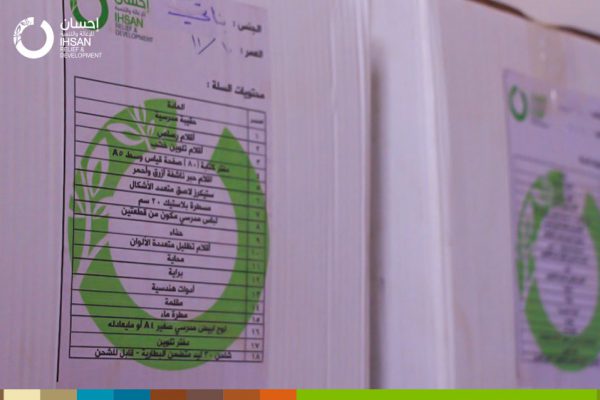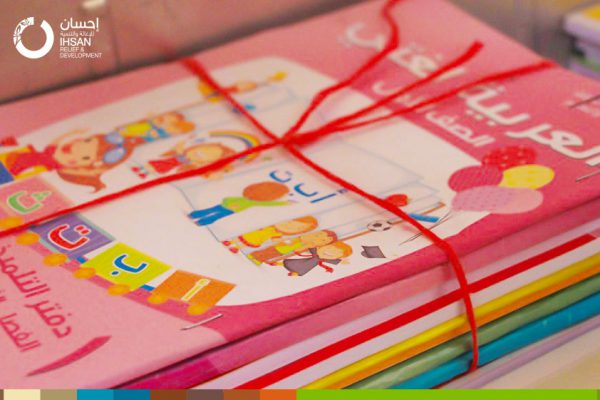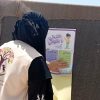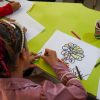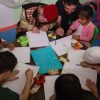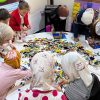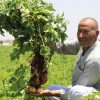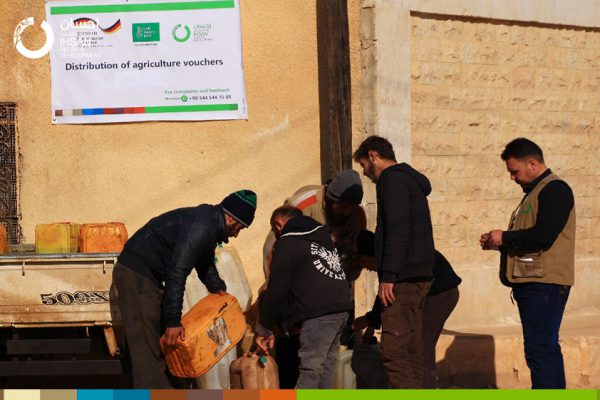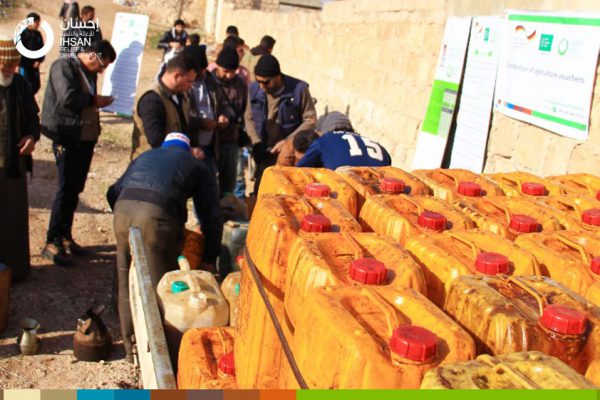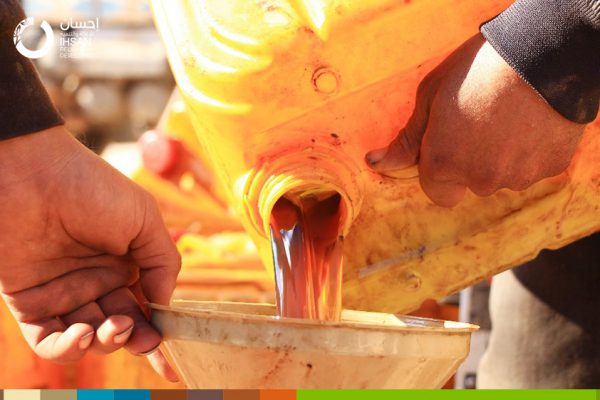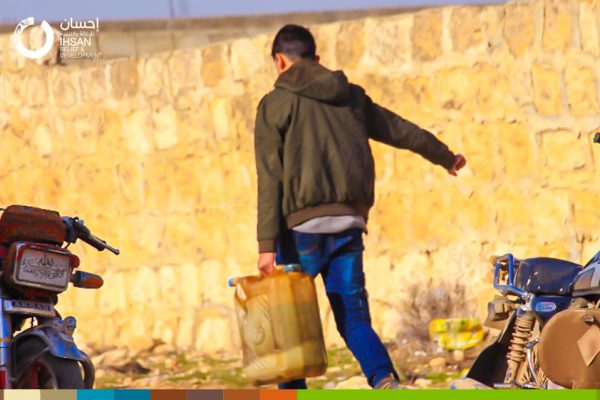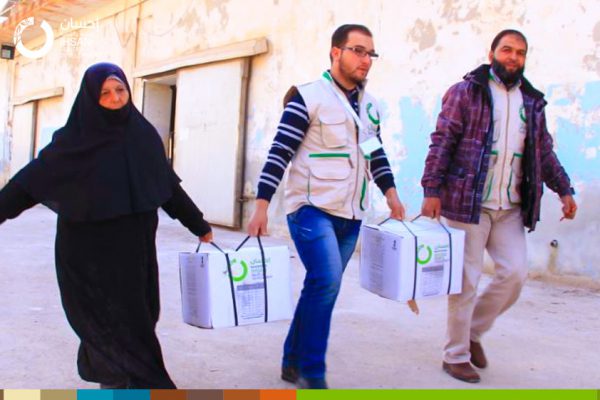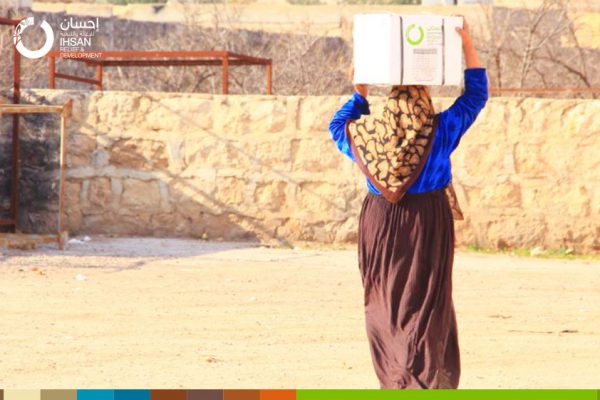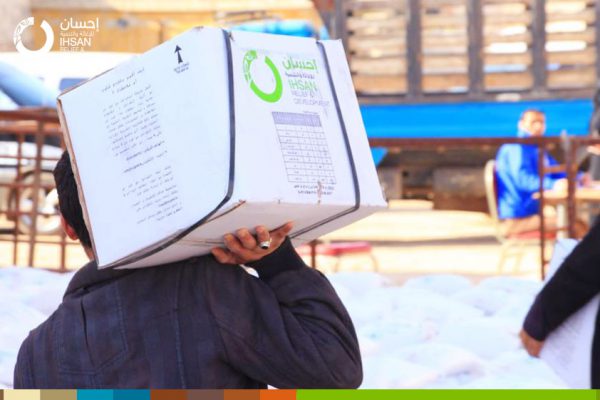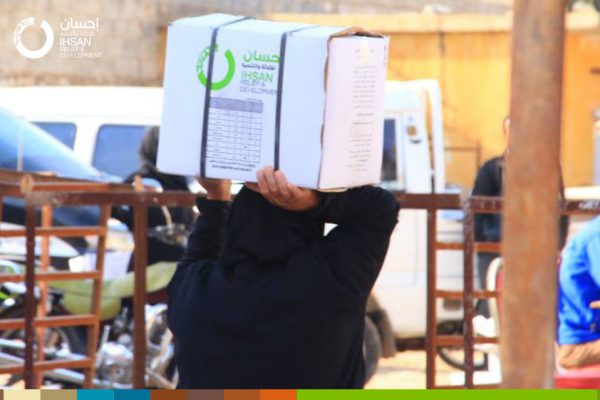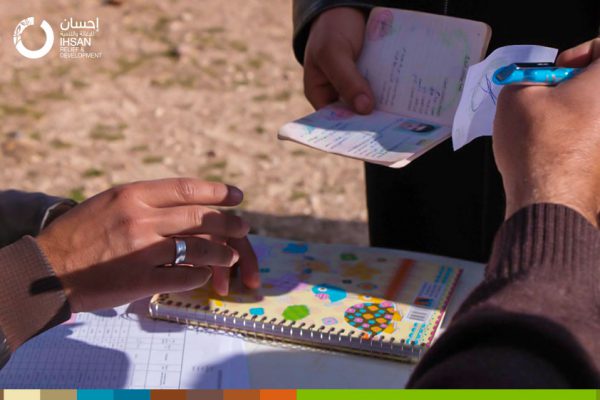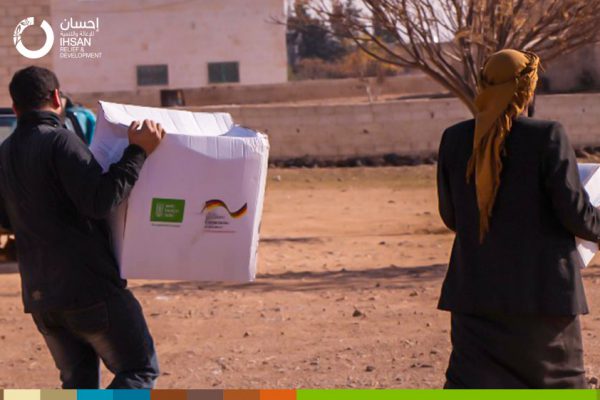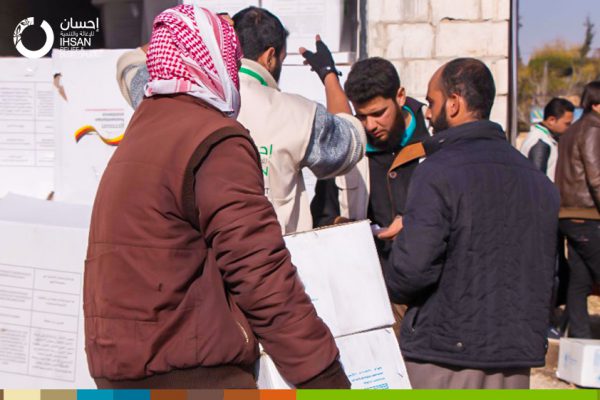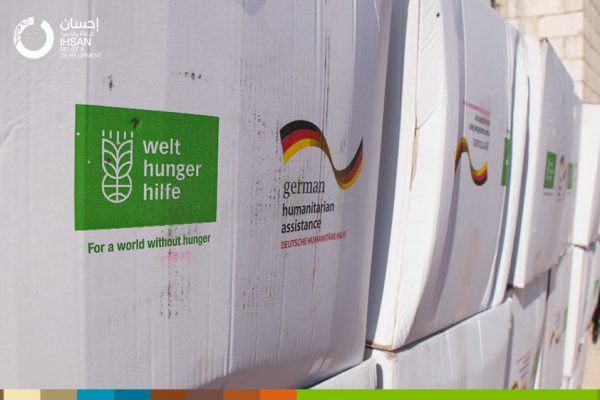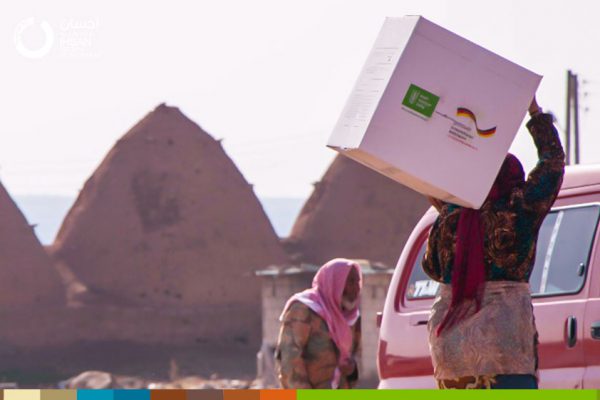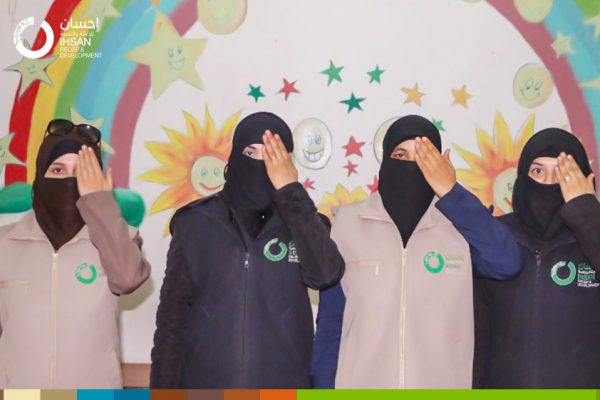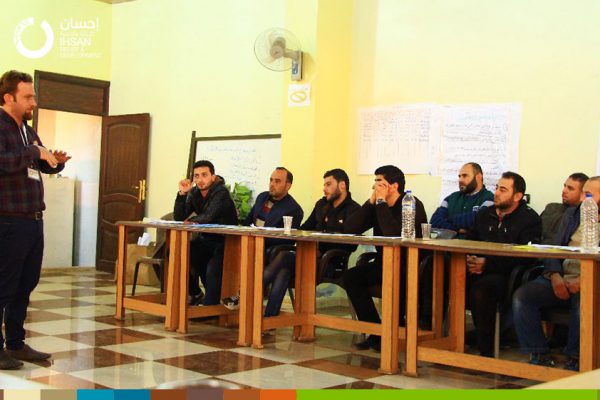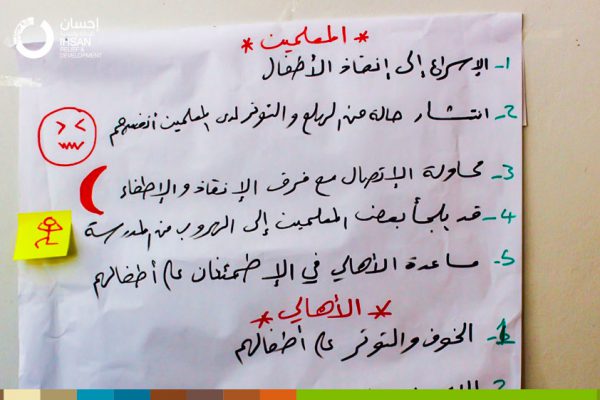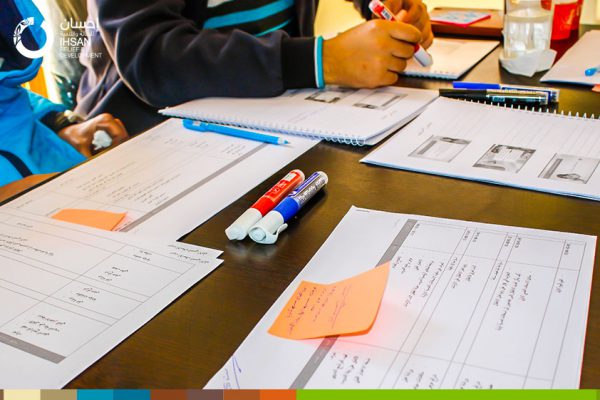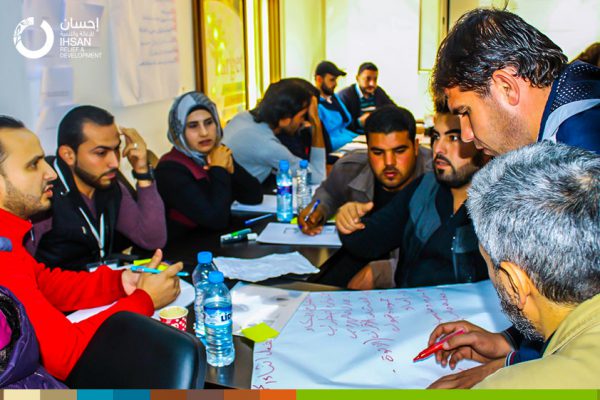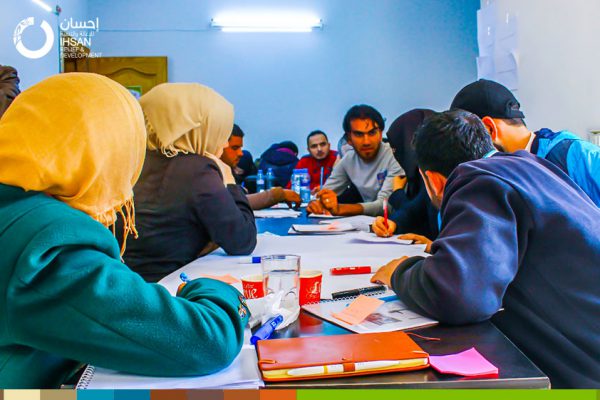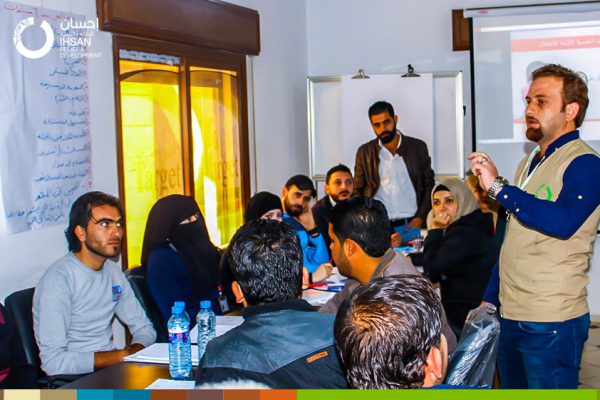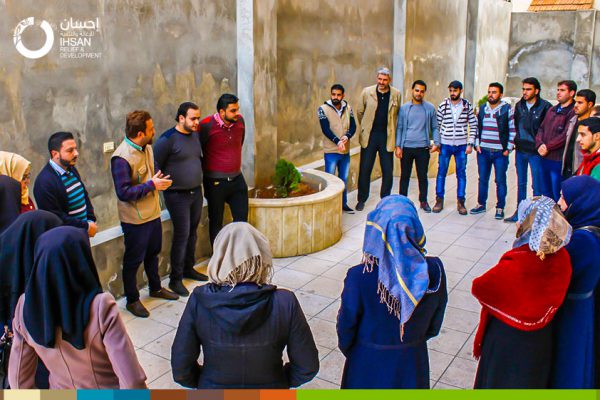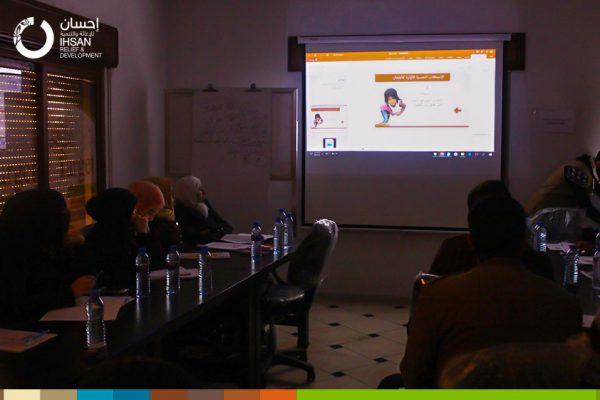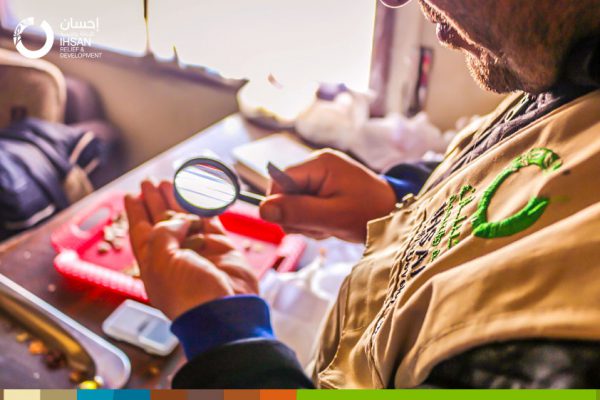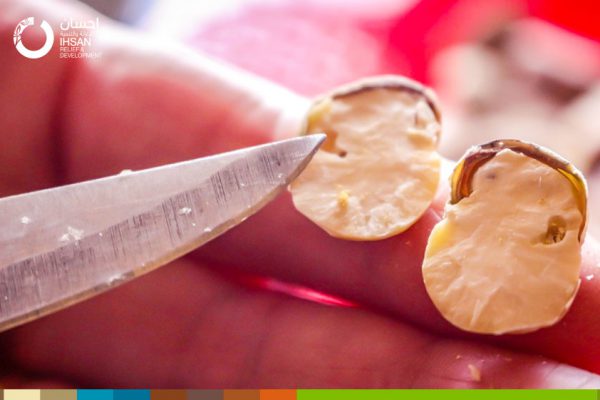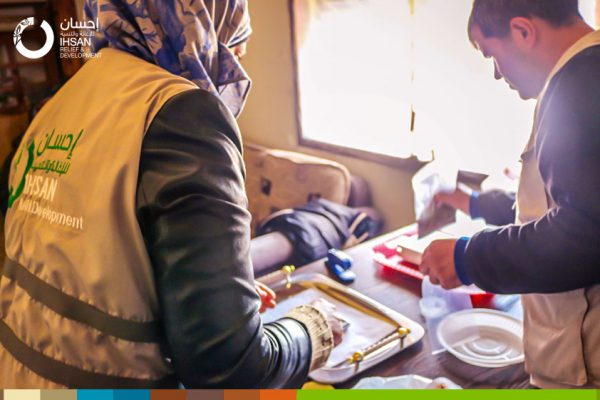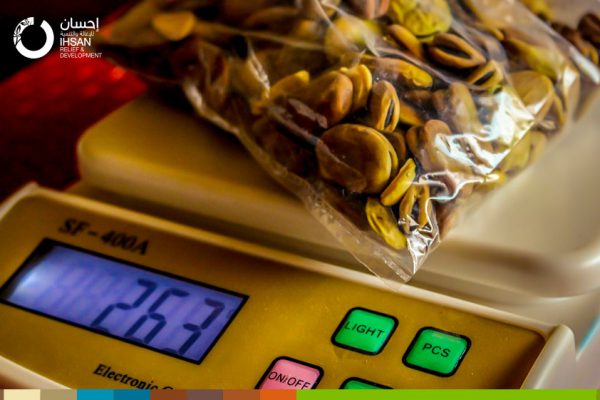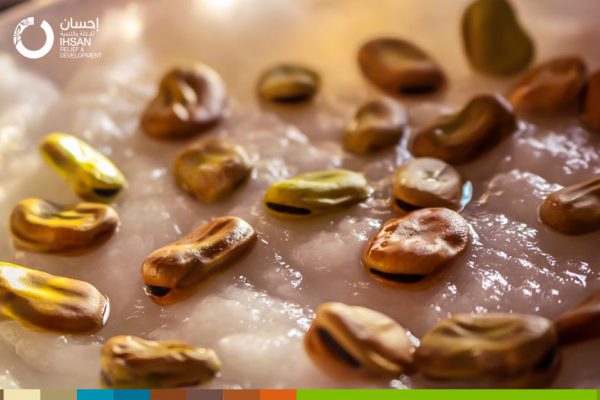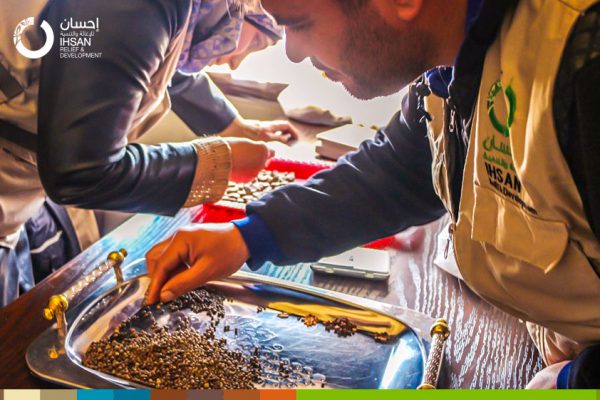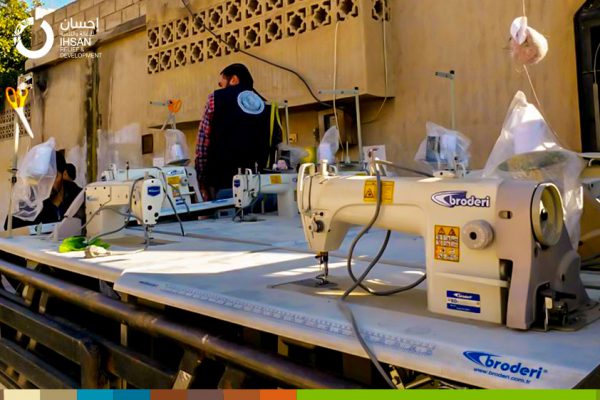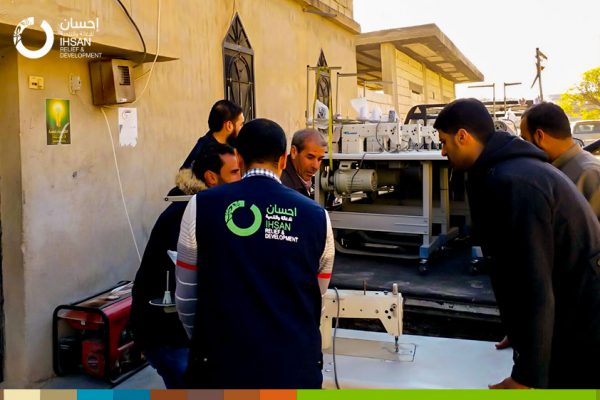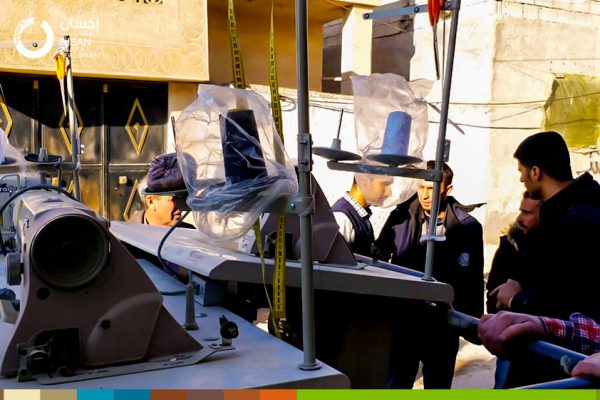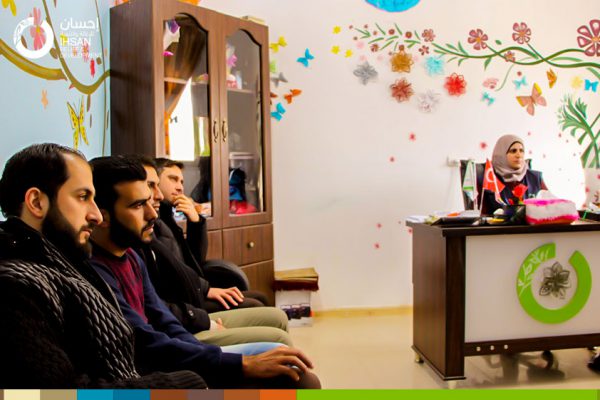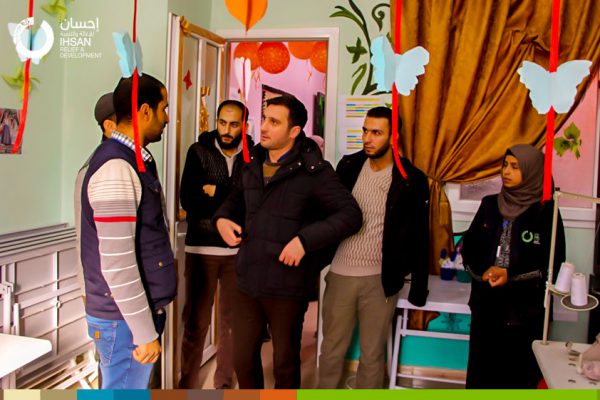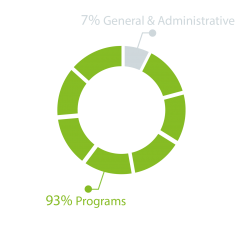[captainform id=”1037065″]

Within the project implemented by IhsanRD in collaboration with WHH and funded by the German Foreign Office to strengthening the food security and livelihood of the population in the north of Syria, winter irrigation support vouchers were distributed to 800 farmers in the western countryside of Aleppo. The project includes two main activities: The first aspect includes providing 800 farmers in the western Aleppo countryside with irrigation support coupons and vouchers that allow them to purchase agricultural inputs from Ihsan-contracted suppliers within the project areas.
The second aspect includes community support for bread, where 4,000 breads are distributed daily in Idleb governorate.

More than 13.1 million people are in need of humanitarian assistance in Syria, while the number of IDPs is 6.3 million more than half of them are children. While the Syrians suffer from the high cost of living and the deterioration of economic conditions as a result of the war that has been going on for 6 years, which has significantly affected the value of the Syrian pound and the high prices of foodstuffs in the market, which calls for continuous intervention of humanitarian organizations and agencies to deliver more food assistance indispensable to The most vulnerable families in Syria.
Ihsan for Relief and Development has launched a new project within the Food Security and Livelihoods Program aimed at supporting the most vulnerable families within refugee hosting communities in the western countryside of Aleppo by providing food baskets monthly to 1,250 families for 11 months.
One basket contains sufficient needs for a family for one month of flour, rice, groats, lentils, oil, chickpeas, salt, tomato molasses, and pasta. Where the contents of the food basket were studied by IhsanRD team to suit the basic needs of the family and the selection of families according to specific criterias that take the consideration of the situation of displacement of the family and the presence of individuals with special needs or be the breadwinner of the family of women or children and families of widows.

In response to the needs of increasing numbers of displaced persons from dangerous areas, where clashes are continuing to reach relatively less dangerous areas, Ihsan for Relief and Development has distributed 5,100 hygiene kits to displaced families within host communities in the southern Idlib areas, especially in camps and families Outdoors.
Each hygiene kit contains toothbrush and toothpaste for adults and children, soaps, washing powder, water storage containers, blankets and women towels.
The hygiene kits are being distributed in cooperation with WHH and funded by the German Foreign Office to support and protect IDPs by raising personal hygiene, which is one of the most important issues faced by IDP families during the displacement, many of these families have left their homes urgently to survive the lives of their children headed to the camps without preparing for the personal hygiene needs of the family members.
In addition to providing hygiene kits, IhsanRD also establishs several projects within WASH program to provide clean water for the purpose of drinking, cooking, personal health and hygiene in order to maintain healthy lives and limit the transmission of waterborne diseases through the rehabilitation of water stations and water networks, rehabilitation of sanitation systems, distribution of hygiene kits, water trucking for communities and ensuring proper disposal of waste.

(For the sake of Kareem’s eyes), (Our eyes for Kareem)
With these titles, IhsanRD team stood expressing their solidarity with the Syrian child Kareem, from Al-Ghouta which has been besieged for more than five years and subjected daily to a savage bombardment that often affects civilians, killing dozens of people like Karim and his mother whom lost her with his left eye and parts of his skull by bomb shelling at a local market in Al-Ghouta, to be an icon expressing the thousands of children of the Eastern Ghouta, who are starving, who are martyred every day under relentless bombardment.

Last month IhsanRD organized a training for the protection teams in Idlib and western Aleppo countryside at the child friend centers of Ihsan in Syria.
The training was attended by 55 trainees from the IhsanRD protection team, including the staff at the Child’s Friend Center in Taqad and the mobile teams in Al-Sahharah, Kafruweid and Armnaz.
The training included several topics in 1 – Child protection during crises 2 – Primary psychological assistance 3 – Minimum standards in child protection 4 – Child – Friendly Spaces 5 – Fundamentals of case management 6 – Communication skills with children. The training also included useful tools and techniques for facilitation, as well as detailed training modules with key learning points, lesson plans and interactive exercises.
The training aims to increase the efficiency of the protection team at IhsanRD in order to enhance the skills of dealing with children and address the issues of protection of children during the war they are going through.

Examine samples of seeds and fertilizers before provision to farmers in the project of intercropping
Within the framework of the intercropping project initiated by the IhsanRD in the northern Homs countryside, the seed samples were examined and the quality checked in order to recieve the quotations provided by the suppliers within the Ihsan office in Rastan during the last week.
The agricultural experts in the project team carried out technical tests of seeds and fertilizers to before distributed to farmers in preparation for the process of agriculture and planting, which will be held next week, after completion of the verification and field detection by the project team to select the beneficiaries registered with local councils according to their conformity with the conditions.
IhsanRD has launched this project to support food security and livelihoods by providing support to 400 families within inter-agriculture project between trees for more than 1100 dunums by providing farmers with agricultural inputs (seeds, fertilizers, pesticides), as well as partial irrigation support. The project also aims to support the most vulnerable and reach the besieged areas of Syria to enhance the resilience of the population and improve safe access to food.

